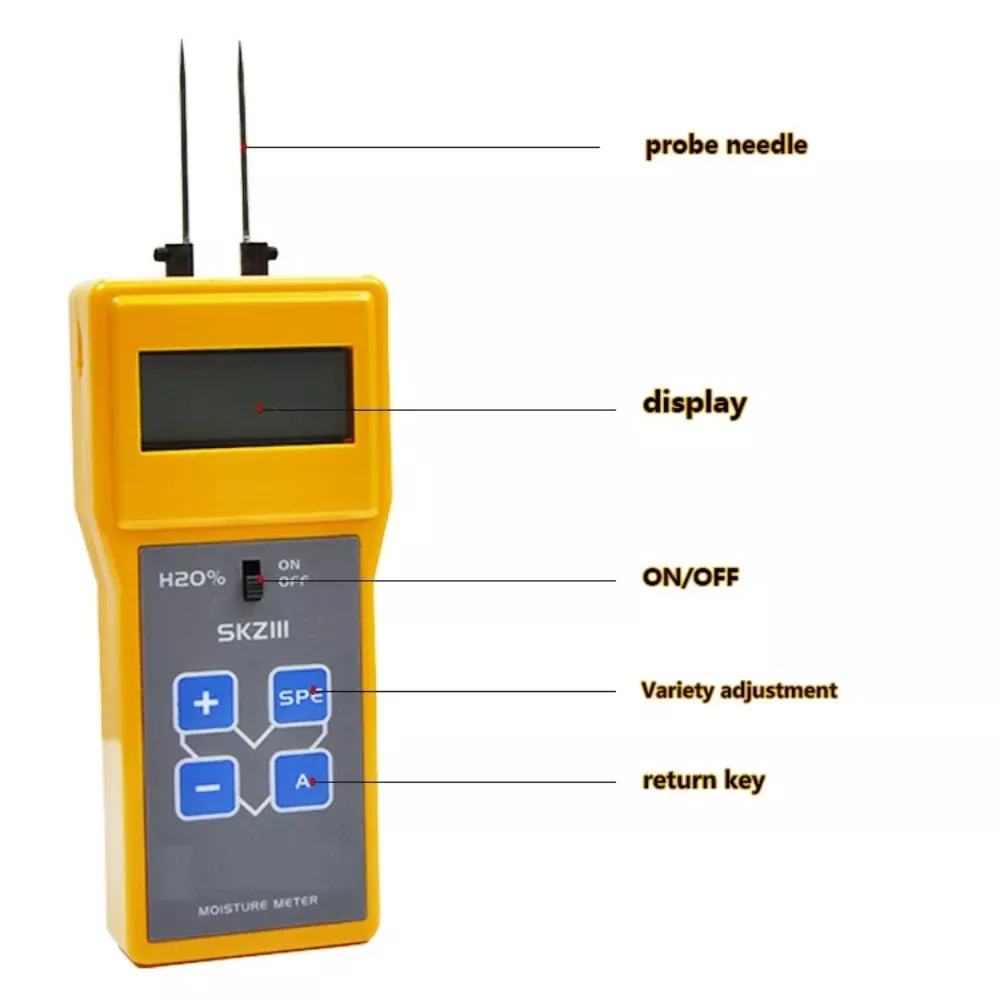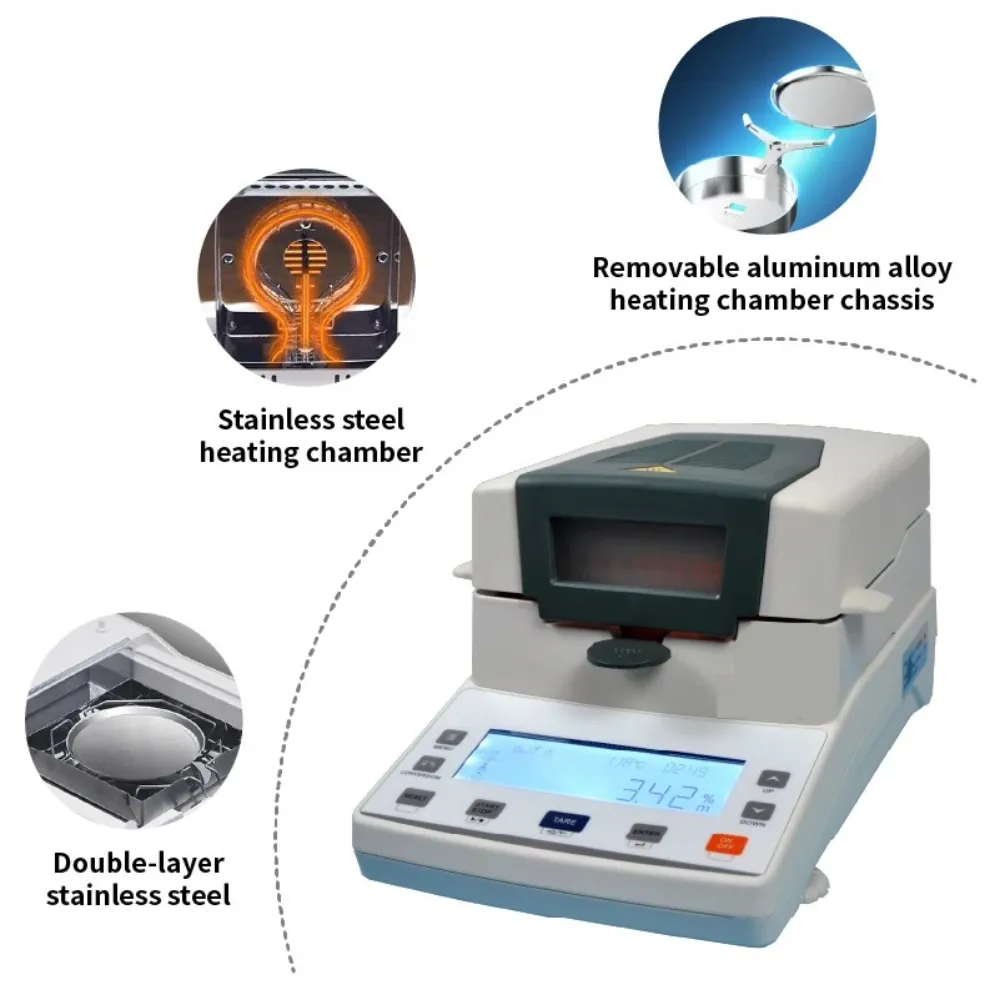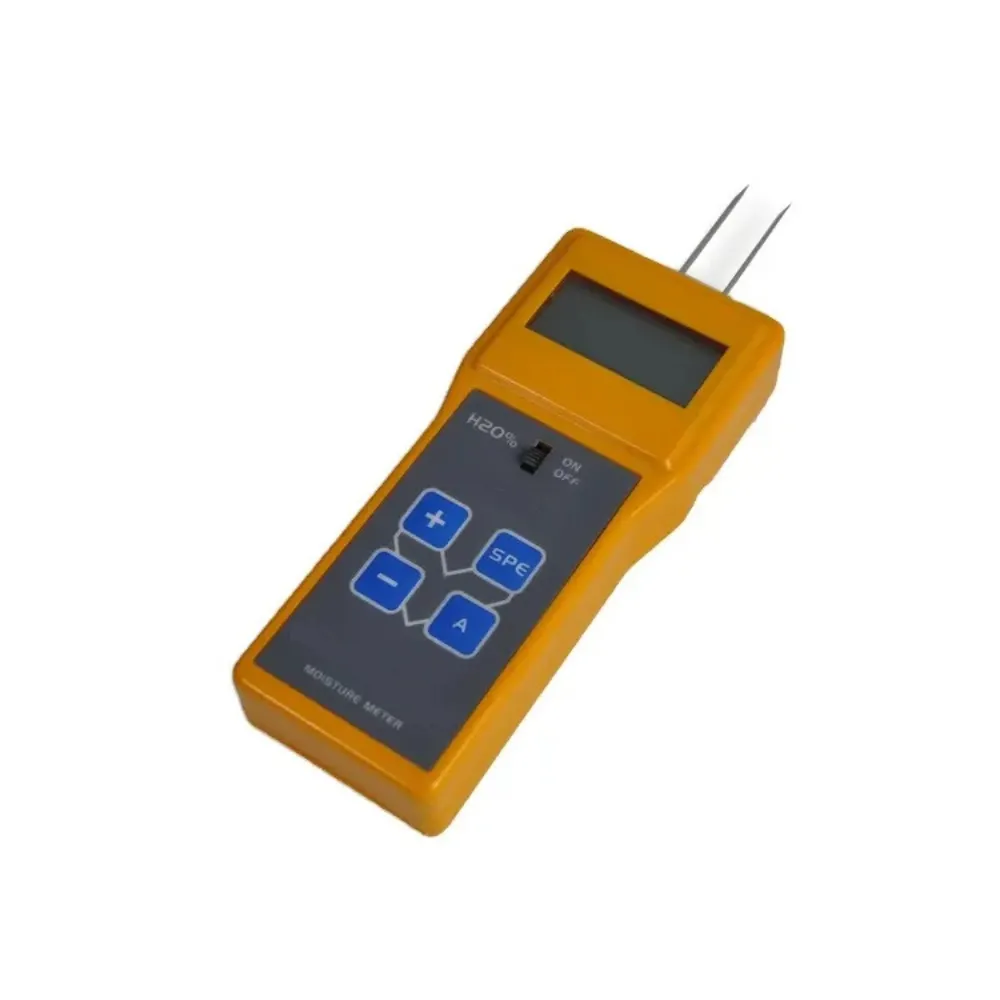
Contribution to Sustainable Farming Practices
Table of Contents
One of the core benefits of using coffee moisture meters in sustainable farming is their ability to reduce dependency on external inputs, such as synthetic fertilizers and pesticides. By providing accurate moisture readings, these devices help farmers manage their crops more effectively, leading to better crop performance and lowered management costs. Reducing the need for herbicides and synthetic fertilizers decreases greenhouse gas emissions and lowers overall farm expenses, while improved crop performance results in increased productivity.
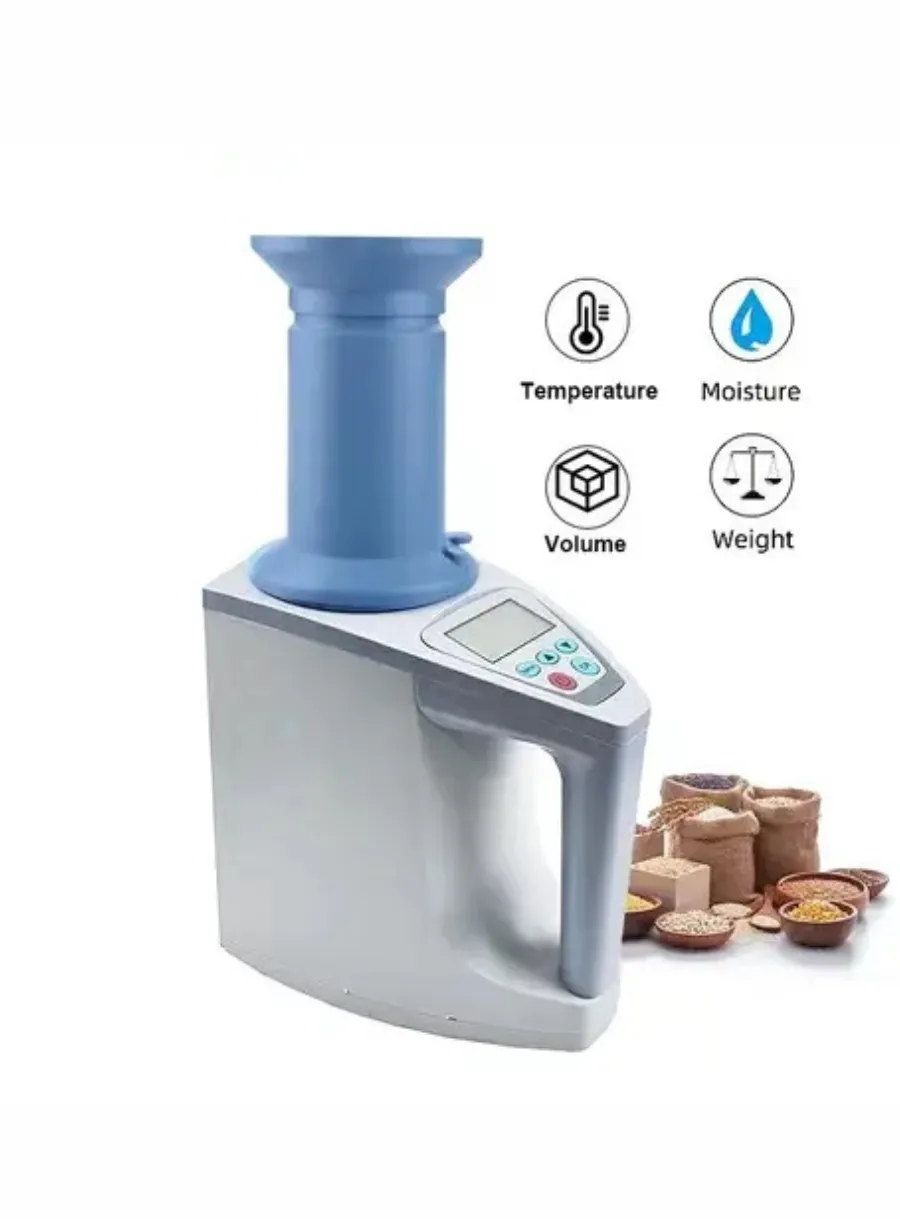
The use of coffee moisture meters also aligns with regenerative farming practices that emphasize soil health and ecosystem balance. These meters facilitate the adoption of integrated pest management and optimized fertilizer use, thereby minimizing nitrogen leaching and enhancing plant performance. Additionally, incorporating shade trees and nitrogen-fixing plants can further reduce the need for chemical inputs, contributing to a more sustainable farming system.
Economic Benefits of Sustainable Farming
Economically, the transition to sustainable farming methods, supported by tools like coffee moisture meters, has shown to yield significant benefits. Studies indicate that sustainable agricultural systems, including those utilizing coffee husk compost and livestock integration, generate higher yields and lower production costs compared to conventional farming practices. This is particularly evident in coffee production, where the use of compost and reduced chemical fertilizers has led to increased yields in regions like Vietnam. Moreover, sustainable farms often achieve higher profits due to reduced input costs and the commercial value of diversified crops and livestock.
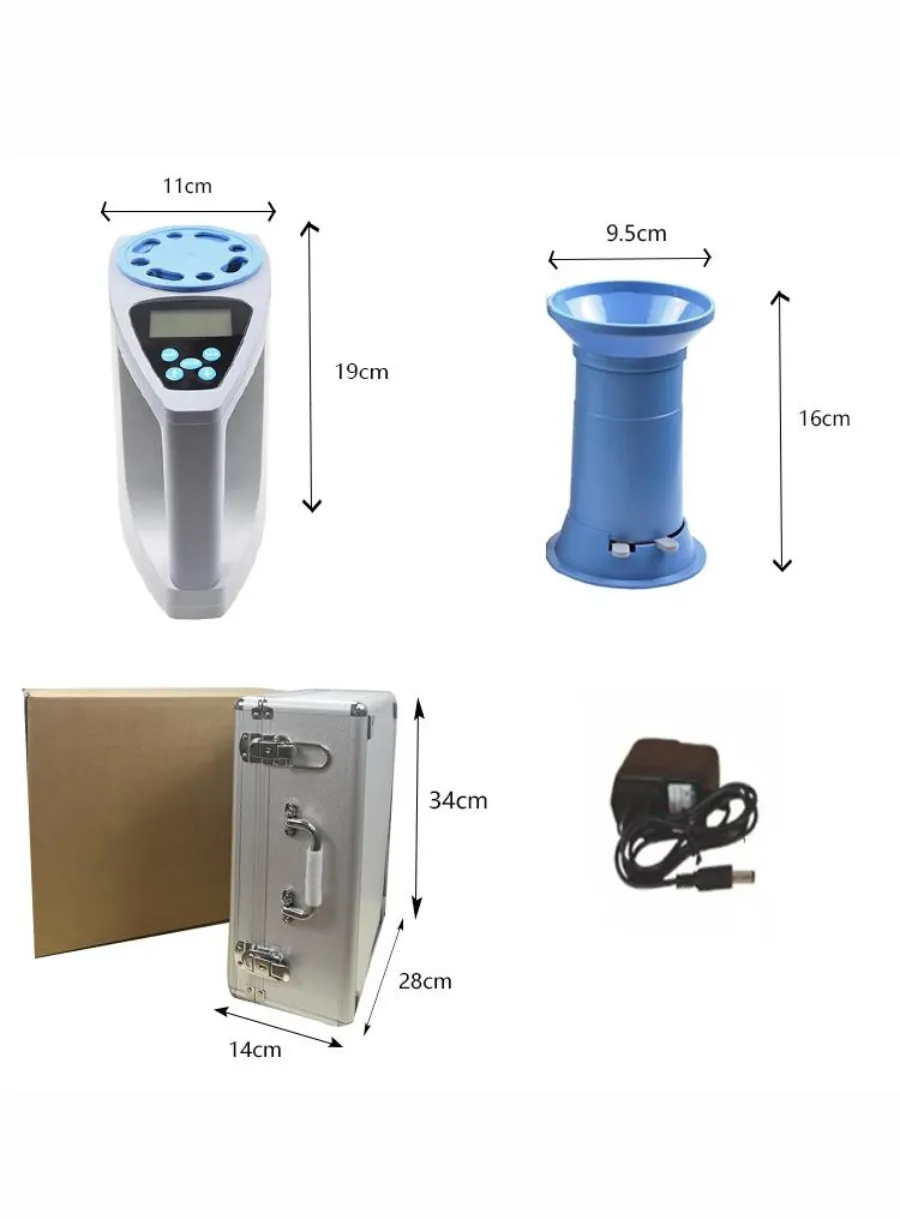
Comments
Tags
Frequently Asked Question
Lorem ipsum dolor sit amet, consectetur adipiscing elit. Ut elit tellus, luctus nec ullamcorper mattis, pulvinar dapibus leo.
By providing accurate moisture readings, coffee moisture meters enable farmers to manage their crops more effectively, leading to better crop performance and lowered management costs, such as reduced need for herbicides and synthetic fertilizers.
These meters facilitate the adoption of integrated pest management and optimized fertilizer use, minimizing nitrogen leaching and enhancing plant performance. Incorporating shade trees and nitrogen-fixing plants can further reduce the need for chemical inputs, contributing to a more sustainable farming system.
Studies show that sustainable agricultural systems, including those utilizing coffee husk compost and livestock integration, generate higher yields and lower production costs compared to conventional farming. Sustainable farms also often achieve higher profits due to reduced input costs and the commercial value of diversified crops and livestock.
The use of compost and reduced chemical fertilizers, enabled by the insights from coffee moisture meters, has resulted in increased coffee yields in Vietnam and other coffee-producing regions.

